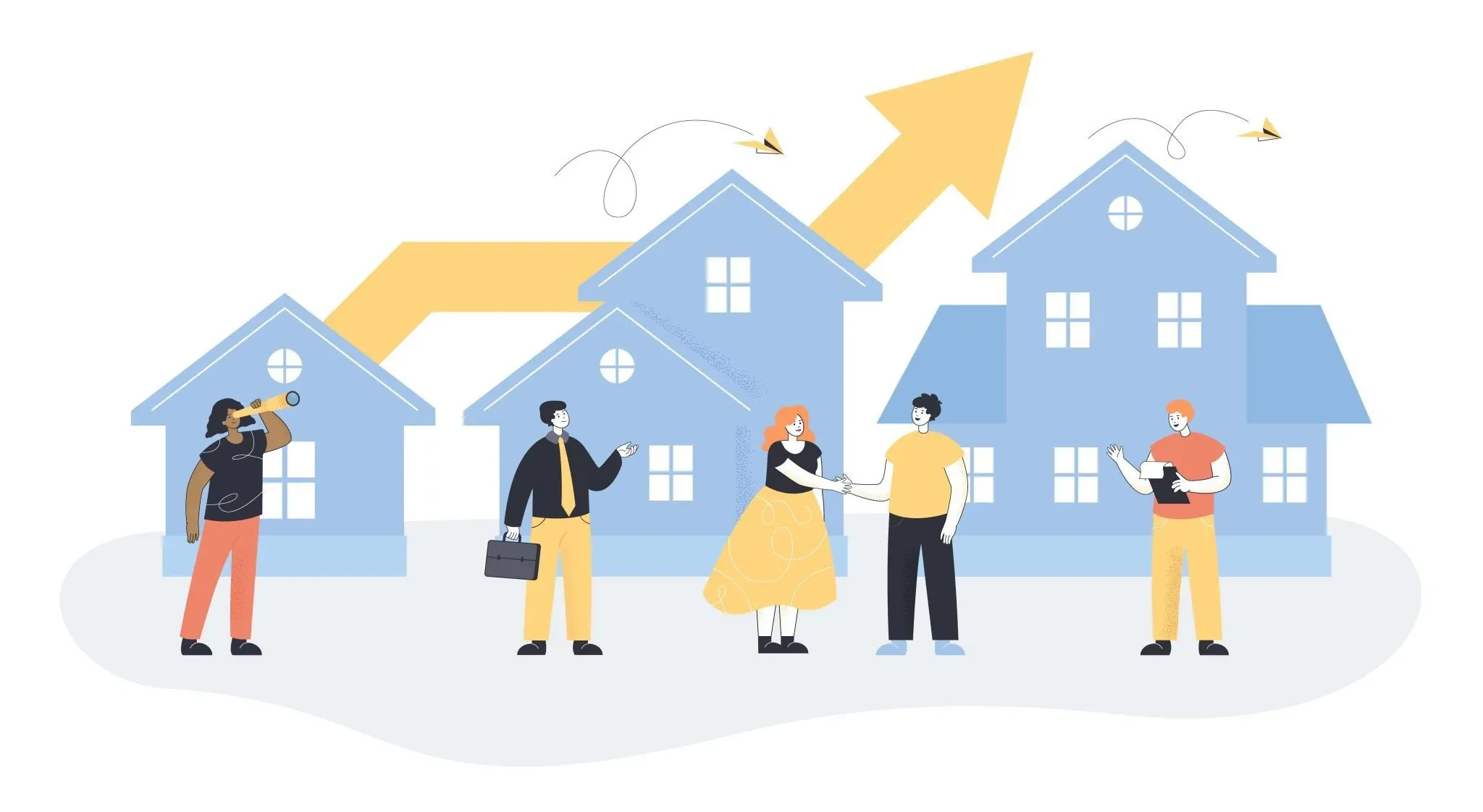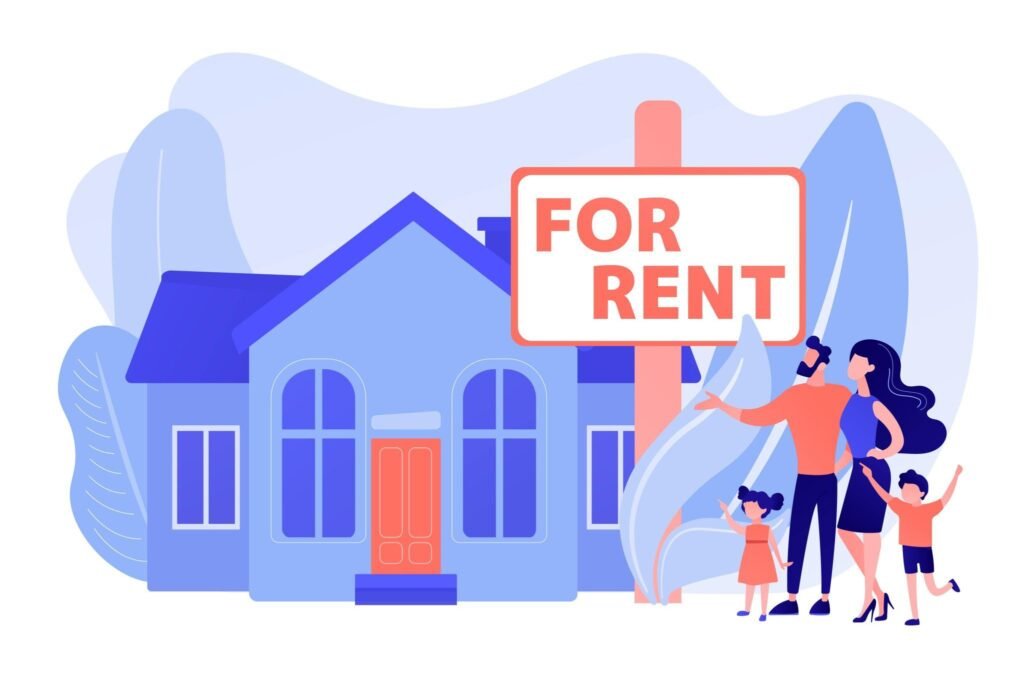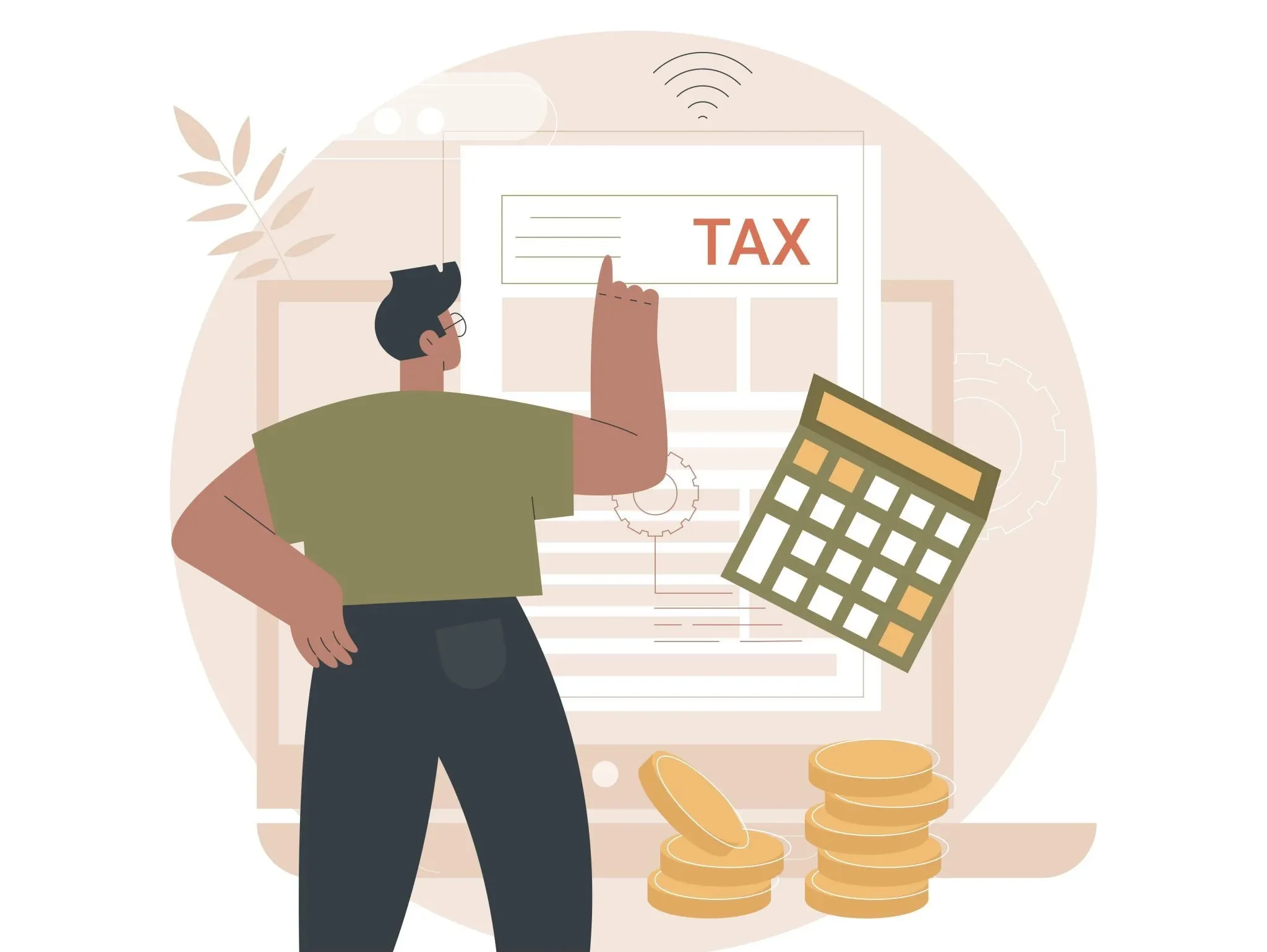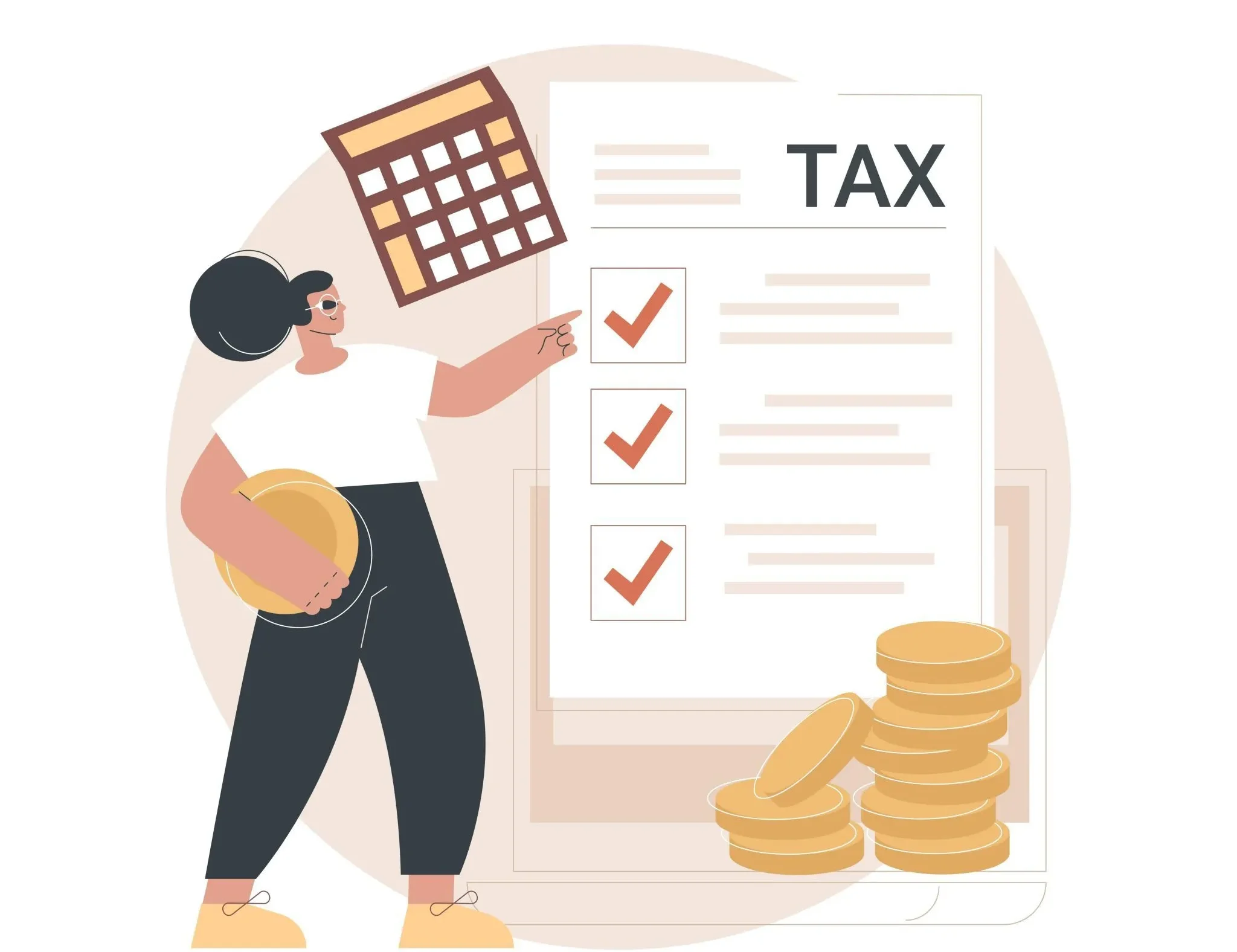Renting out a spare room in your home can be a great way to earn extra income and make the most of your property’s space. In the United Kingdom, the government offers a special tax incentive known as “Rent a Room Relief” to encourage homeowners to rent out their spare rooms.
This relief provides financial benefits to both homeowners and tenants, making it an attractive option for those looking to share their living space. In this article, we will delve into the details of Rent a Room Relief, its eligibility criteria, how to apply, and key considerations.
Defining Rent a Room Relief

Rent a Room Relief is a tax relief scheme introduced by the UK government to make it more appealing for individuals to rent out their spare rooms. Under this scheme, homeowners who rent out a room in their primary residence are entitled to a tax-free threshold on the rental income they earn.
Eligibility Criteria
To be eligible for Rent a Room Relief, homeowners need to meet the following conditions:
- They should rent out a furnished room to a lodger, or
- They are operating a bed and breakfast or guest house.
Note: If the rented accommodation is not within your primary residence or is not furnished, you will not qualify for rent a room relief. Moreover, utilising the rented space for business or office purposes will not qualify, unless the lodger is a student using the area for studying or working at home during evenings/weekends.
Furthermore, the rent-a-room scheme cannot be applied to residences that have been converted into separate flats.
Rent a Room Threshold

The Rent a Room threshold determines the maximum amount of rental income a homeowner can earn tax-free. The threshold stands at £7,500 per tax year which means that if the gross rental income does not exceed this amount, homeowners do not need to declare or pay tax on the rental income.
Applying for Rent a Room Relief
Claiming Rent a Room Relief involves procedures based on the level of gross Rental Income earned from the spare room.
Here are the details for different scenarios:
Gross Rents Not Exceeding £7,500

When the gross rental income from your spare room does not surpass £7,500, Rent a Room Relief is automatically applied, and the rental income is exempt from tax. This means you do not need to take any additional action or make a formal claim for the relief. The exemption is straightforward and helps simplify the tax process for homeowners.
Moreover, if your allowable expenses related to the rental exceed the gross rental income, you have the option to make a claim for the relief not to apply for that specific tax year. This can be useful if you want to crystallise a loss for that year. This claim allows you to adjust your tax situation when expenses outweigh the income.
For example,
Automatic Rent a Room Relief for Gross Rental Income under £7,500
Sarah owns a house in London and decides to rent out a spare room to a lodger. Over the course of the tax year, the total rental income she receives from the lodger is £6,000. Since her gross rental income is below the £7,500 threshold, Rent a Room Relief is automatically applied.
This means that Sarah is not required to pay tax on the £6,000 rental income, and she doesn’t need to take any additional action or make a formal claim for the relief. This simple process eases her tax responsibilities as a homeowner.
Claiming Relief for Allowable Expenses Exceeding Gross Rental Income
John has been renting out a room in his house in Manchester throughout the tax year, earning rental income of £5,000. However, he has incurred various expenses related to maintaining the room, such as repairs, utility bills, and cleaning costs, which add up to £6,500. In this case, John’s allowable expenses exceed the gross rental income.
Given the situation, John has the option to make a claim for the Rent a Room Relief not to apply for that specific tax year. By doing so, he can utilise the loss of £1,500 (expenses exceeding income) to adjust his tax situation. This might be beneficial if John wants to reduce his overall taxable income for the year, potentially leading to a lower tax liability.
Gross Rents Exceeding £7,500

When the gross rental income earned from your spare room exceeds the £7,500 threshold, you must actively make a claim for Rent a Room Relief to be applied. Once the claim is made, the relief will continue to be applied for each subsequent tax year until you decide to withdraw the claim.
It’s important to note that the election or claim for Rent a Room Relief must be made on or before the first anniversary of January 31 following the relevant tax year. For instance, if the tax year ends on 5 April 2023, the claim deadline would be 31 January 2024. Failing to make the claim within this timeframe may result in the loss of the relief for that particular year.
For example,
Claiming Rent a Room Relief for Excess Gross Rental Income
Mark rents out a spare room in his house and earns a total gross rental income of £9,800 during the tax year that ends on 5 April 2023. This surpasses the £7,500 threshold, prompting Mark to proactively seek Rent a Room Relief.
Recognising the financial advantage, Mark lodges his claim for Rent a Room Relief on 25 February 2024, ensuring he adheres to the deadline of 31 January 2025. By making this timely claim, Mark owes tax on his rental income only after deducting the threshold of £7,500.
In this case, his taxable rental income is £9,800 – £7,500 = £2,300. This tax-saving strategy optimises Mark’s financial position by reducing his taxable income and overall tax liability for the year.
Summary
|
Gross rents ≤ £7,500 |
Gross rents > £7,500 |
|---|---|
|
|
|
Alternatively, elect for rent a room NOT to apply and claim actual expenses instead. |
Alternatively, elect for rent a room with no relief for actual expenses. |
Key Points about Rent a Room Scheme

Per Property Threshold
The £7,500 threshold applies per property, not per tenant. This means that if a landlord takes in multiple tenants, each paying rents of, say, £200 a week, only one amount of £7,500 can be deducted from the total rental income for tax purposes.
The threshold is a cumulative limit for the property, regardless of the number of tenants.
Jointly Owned Property
If a property is jointly owned, the rent a room limit is divided equally between the joint owners, regardless of how the rents are apportioned. For instance, if two owners jointly own a property, the threshold for each owner would be £3,750 (half of £7,500), even if the rental income split is different.
Interaction with Private Residence Relief
Rent-a-Room Relief does not impact the availability of private residence relief when the owner eventually decides to sell the property. Private residence relief is a separate tax relief that provides exemptions on the capital gains tax when selling your main residence.
Therefore, the application of rent a room relief does not influence the eligibility for this relief when the property is sold.
To learn more, explore our article “Private Residence Relief – A Complete Guide.”
Conclusion
Rent a Room Relief in the UK is a valuable tax incentive for homeowners looking to generate extra income through renting out spare rooms. It offers tax benefits, encourages shared living arrangements, and simplifies the tax reporting process. However, it’s important to stay updated on any changes to the scheme’s regulations and threshold amounts, as these may evolve over time.
If you’re considering becoming a landlord for your spare room, Rent a Room Relief could be a favourable option to explore for financial gain and ease of taxation.